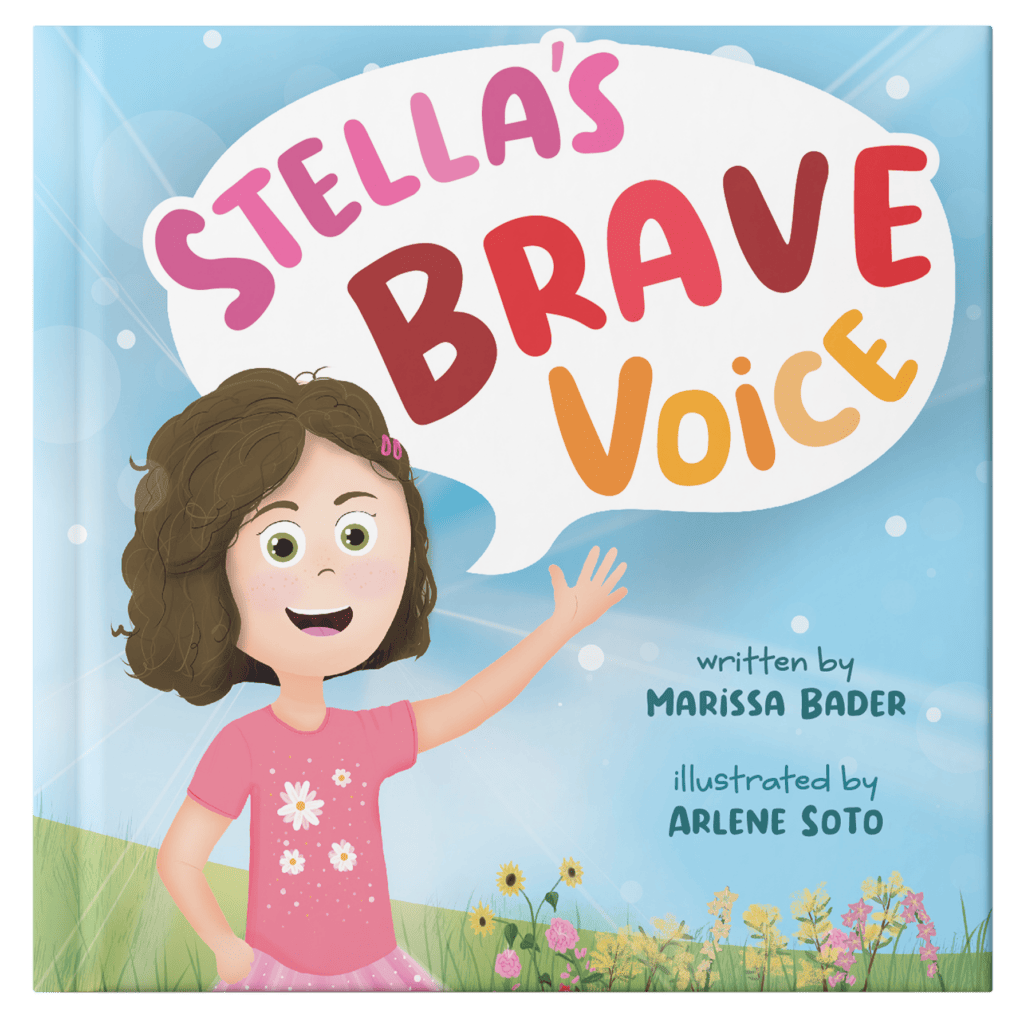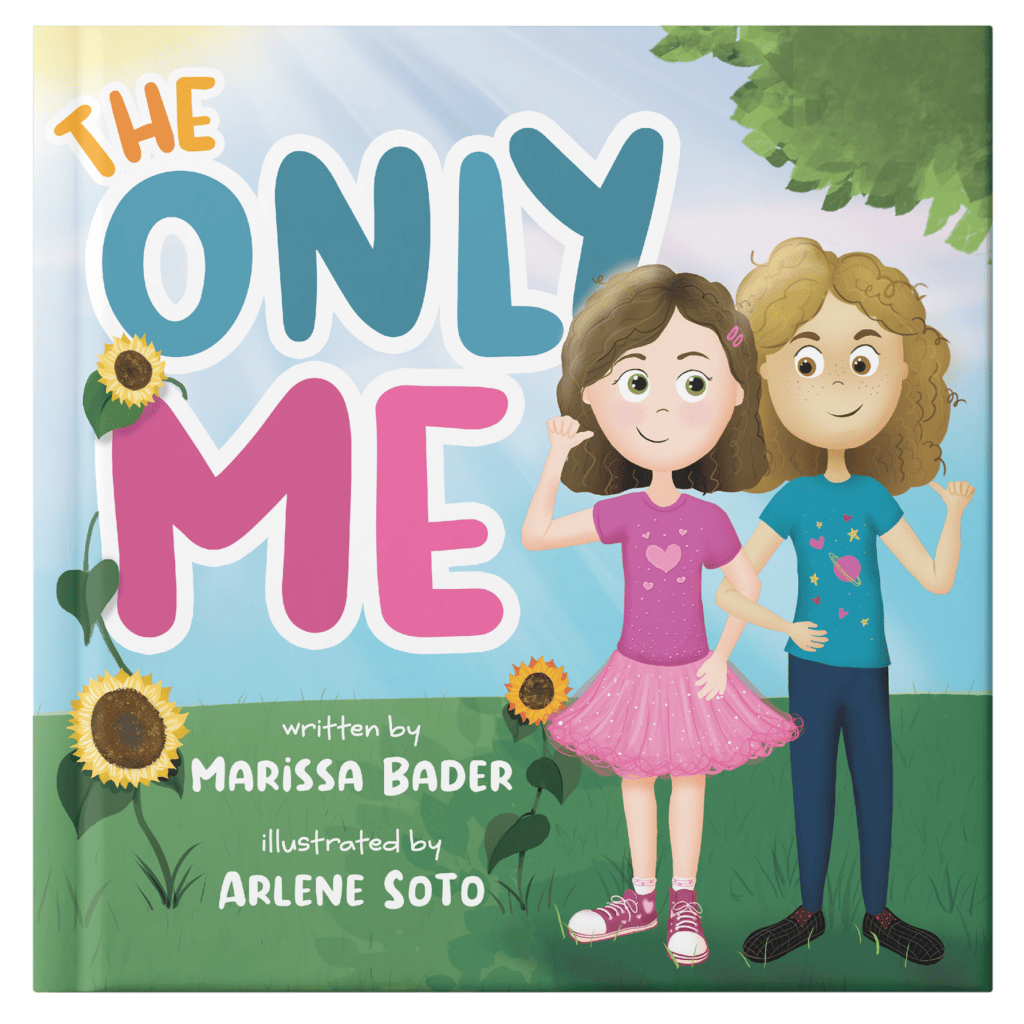

After I had my twins, life was…challenging. I had lined up helpers in advance, because I knew how hard it was going to be, and also because I knew me. I have a history of anxiety, and had already battled postpartum depression and anxiety. I know exactly what stress, busy-ness and lack of sleep does to me…and though having help wouldn’t completely eradicate all the stress, busy-ness or sleepless nights, I wanted to arm myself with the proper tools–and helpers–to combat all the icky side effects.
And then something bizarre happened (and actually, now that I have more perspective and insight, it’s not so bizarre…). My oldest, then 3.5, stopped sleeping. Like, as in, totally stopped sleeping.
Yeah, no…I didn’t plan for that. I didn’t have a helper for that. That one was all on me (and hubby, but let’s be real…mostly me).
And it wasn’t like I could just feed her a bottle (or PB&J?), rock her, and put her back to bed. No, when she woke up, she was just…up.
We tried it all. I hired a sleep consultant (or two…in my sleep-deprived, new-mom fog, I honestly can’t remember). We bought door locks and baby gates. We created a “nest” on our bedroom floor for her to just easily climb into and sleep in when she woke in the middle of the night.
None of it worked. None of it.
I even took her to a child psychologist. I’ll never forget what he said (and this was actually something I realized long before, but maybe just hadn’t fully comprehended):
“This is not a sleep problem. This is a ‘wanting to be with you’ problem. She wants to spend time with you and be close to you.”
This made a lot of sense, because when she would come into our room in the middle of the night (and slide into her “nest”), she didn’t want to sleep. She just wanted to talk. She would wake me up repeatedly and want to tell me something about her day, ask for some water, have me help her rearrange her blanket, and of course–because what child doesn’t do this?–ask me to find her missing sock (I’m writing in past-tense, but let’s just be clear–this is still a weekly occurrence).
I remember chatting about this with friends–begging for tips, and telling people how sleep deprived I was. Then I also felt like a total schmuck, because I also had twins, and had night help for them. I wasn’t complaining about the duo (then); I was stressing about the oldest. And I sort of felt judged about this. Judged that I was venting and asking for advice and support, when I had all.the.help.

But I had secured all.the.help so that I wouldn’t totally and utterly fall apart–so that I could hang on to my sanity (most of it, anyway) and continue to parent, be a wife, and generally just be a human in a healthy way.
And this is when it all hit me: everyone’s facing a (or some, or many a) battle. Everyone. Who are we to judge what their battles are? Most of the time, in fact, we don’t know anything about their battles. Why can’t we just be supportive and kind? I’ll raise my own hand here–I once knew a family who had some children, neither parent worked, and yet they had a live-in nanny, someone to help with errands, etc. This was before I was a parent myself. I judged. I judged so hard.
And then I had kids. And I went through “the crap” (PPD and PPA, panic attacks, insomnia…you name it). And I clawed my way out (twice), and vowed never, ever, ever to judge again.
What does it matter what other people do, as long as they are taking good care of their children (and themselves), being good, kind people and making this world a happier place (because by taking care of themselves and raising good, kind kids, they are absolutely doing a solid part in making the world a happier place…).
Why is this a bad thing?
Is it that we feel jealous? Sure, I know I have and of course still do at times (like I have serious house envy every time I go into anyone’s un-cluttered, beautiful home, or see the world’s most perfect playroom).

Is it that we see others doing things a certain way, and it’s not how we would ever do them, so we assume our way is better? Is it both, and more? Probably.
I think a lot of this is human nature–it’s the way, sadly, we are programmed. And maybe it’s not such a horrible thing–maybe it keeps us striving to be better and do better? Maybe not. I don’t know.
As my husband always says, everything is relative. What may be hard for you, might not be a challenge for someone else. And what you may not need help with, another person just might. And it doesn’t mean you are any better (or worse) than anyone else, just that you are different, have different needs, a different set of challenges, and so on. And that’s okay.
But just for today, let’s all try to do our part in keeping our judgements in check. Not just because it’s hurtful to others, but also because it’s hurtful to ourselves. Let’s just focus on how we can be better people who treat others well. Maybe that right there is enough.
Stay in the loop for updates and special events
We don’t spam! By signing up, you agree to get emails from Marissa Bader.
To ensure you receive my emails make sure to add marissa@marissabader.com to your contacts or list of safe senders. You can unsubscribe at any time.
Connecting Hearts Through Stories
Share

Stella’s Brave Voice follows the twins from The Only Me and has earned a 5-star Book Review Award from Litpick and Reader’s Favorite.
Share

The Only Me was named one of the top 100 indie children’s books of 2022 by Kirkus Reviews and earned a 5-star Book Review Award from Litpick.
We don’t spam! By signing up, you agree to get emails from Marissa Bader.
To ensure you receive my emails make sure to add marissa@marissabader.com to your contacts or list of safe senders. You can unsubscribe at any time.
A PDF download will be sent to your inbox.
We don’t spam! By signing up, you agree to get emails from Marissa Bader.
To ensure you receive my emails make sure to add marissa@marissabader.com to your contacts or list of safe senders. You can unsubscribe at any time.
A PDF download will be sent to your inbox.
We don’t spam! By signing up, you agree to get emails from Marissa Bader.
To ensure you receive my emails make sure to add marissa@marissabader.com to your contacts or list of safe senders. You can unsubscribe at any time.